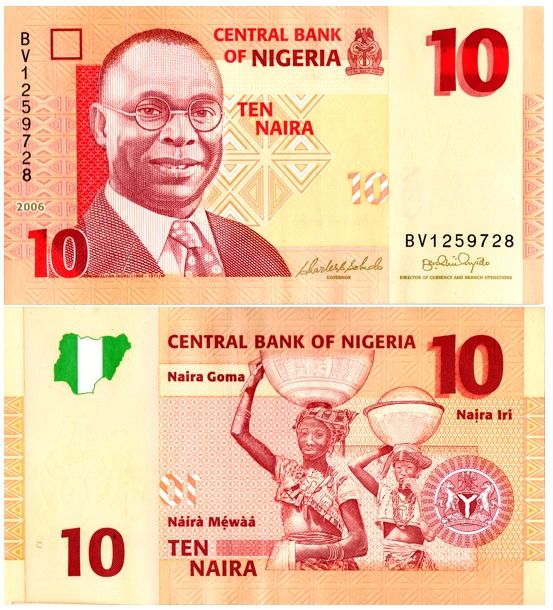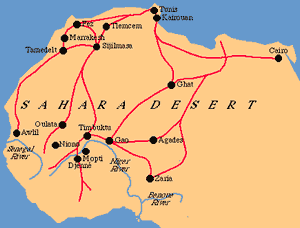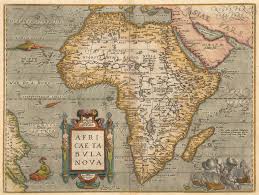Alvan Ikoku, The Face Behind Nigeria’s ₦10 Note and the Legacy of Educational Reform

Alvan Ikoku, The Face Behind Nigeria’s ₦10 Note and the Legacy of Educational Reform
Learn about Alvan Ikoku, the visionary educator whose legacy in Nigerian education earned him a place on the ₦10 note and in the nation’s history.
When Nigerians hold the ₦10 note, they are holding a symbol of one of the most influential educationists and reformers in the country’s history—Dr. Alvan Azinna Ikoku. A man whose life and work changed the landscape of education in Nigeria, Alvan Ikoku was not only an educator but also a visionary leader, policy advocate, and national icon.
Early Life and Background
Born on August 1, 1900, in Amanagwu Arochukwu, now in Abia State, Alvan Ikoku came from a wealthy merchant family. He was named “Azinna” because he was born after the passing of his father, a name that symbolized continuity and legacy. He attended Arochukwu Government Primary School and later Hope Waddell College in Calabar, where he studied under Dr. James Emmanuel Aggrey, a Ghanaian scholar who deeply influenced his path in education.
Education and Teaching Career
After completing his teacher training, Ikoku began his teaching career with the Presbyterian Church of Nigeria in 1920. Just two years later, he became a senior tutor at St. Paul’s Teachers’ Training College in Awka. Driven by a passion for learning, he pursued further studies and earned a degree in Philosophy from the University of London in 1928 through a correspondence program.
Aggrey Memorial College: A Legacy Begins
In 1932, Ikoku founded Aggrey Memorial College in Arochukwu, West Africa’s first co-educational secondary school. The school was named after his mentor, Dr. Aggrey, and it became a model institution that introduced vocational education alongside academics. Students learned carpentry, agriculture, and self-reliance. This school reflected Ikoku’s philosophy: education must train both the mind and the hands.
Education, Advocacy, and National Influence
By the 1940s, Ikoku became a vocal force in national politics. He was elected to the Eastern Nigeria House of Assembly in 1946 and later joined the Legislative Council in Lagos in 1947. As an advocate for teachers and quality education, he led the Nigeria Union of Teachers (NUT) and became its National President in 1955.
Ikoku submitted 44 proposals to reform educational ordinances, many of which were initially rejected by colonial authorities but later adopted as key national policies after Nigeria’s independence.
One of his most notable proposals was the 1962 Education Bill of Rights, which called for six years of free primary education across Nigeria. Though it took years to be implemented, his dream became a reality when the policy was embraced by the Federal Military Government in 1976.
Beyond the Classroom
Even after stepping away from politics, Ikoku continued to serve on various educational boards. He was a member of the West African Examinations Council (WAEC), a governing member of the University of Ibadan, and chaired the Board of Governors of the Aviation Training Centre in Zaria.
He also advocated for the use of indigenous languages in schools and supported the development of infrastructure in his hometown of Arochukwu, including roads, healthcare, and postal services.
Recognition and Legacy
For his immense contributions, Alvan Ikoku was awarded an honorary Doctorate in Law by the University of Ibadan in 1965. The Alvan Ikoku Federal College of Education in Owerri was named in his honour. Roads and institutions across the country also bear his name.
Perhaps the most visible recognition is his portrait on the ₦10 Nigerian banknote, a tribute to his enduring legacy in education.
Final Years and Death
Alvan Ikoku passed away on November 18, 1971, at the age of 71. His legacy continues to inspire generations of Nigerians. His life reminds us that education is not merely about schools and certificates, but about nation-building, empowerment, and the courage to challenge outdated systems.


